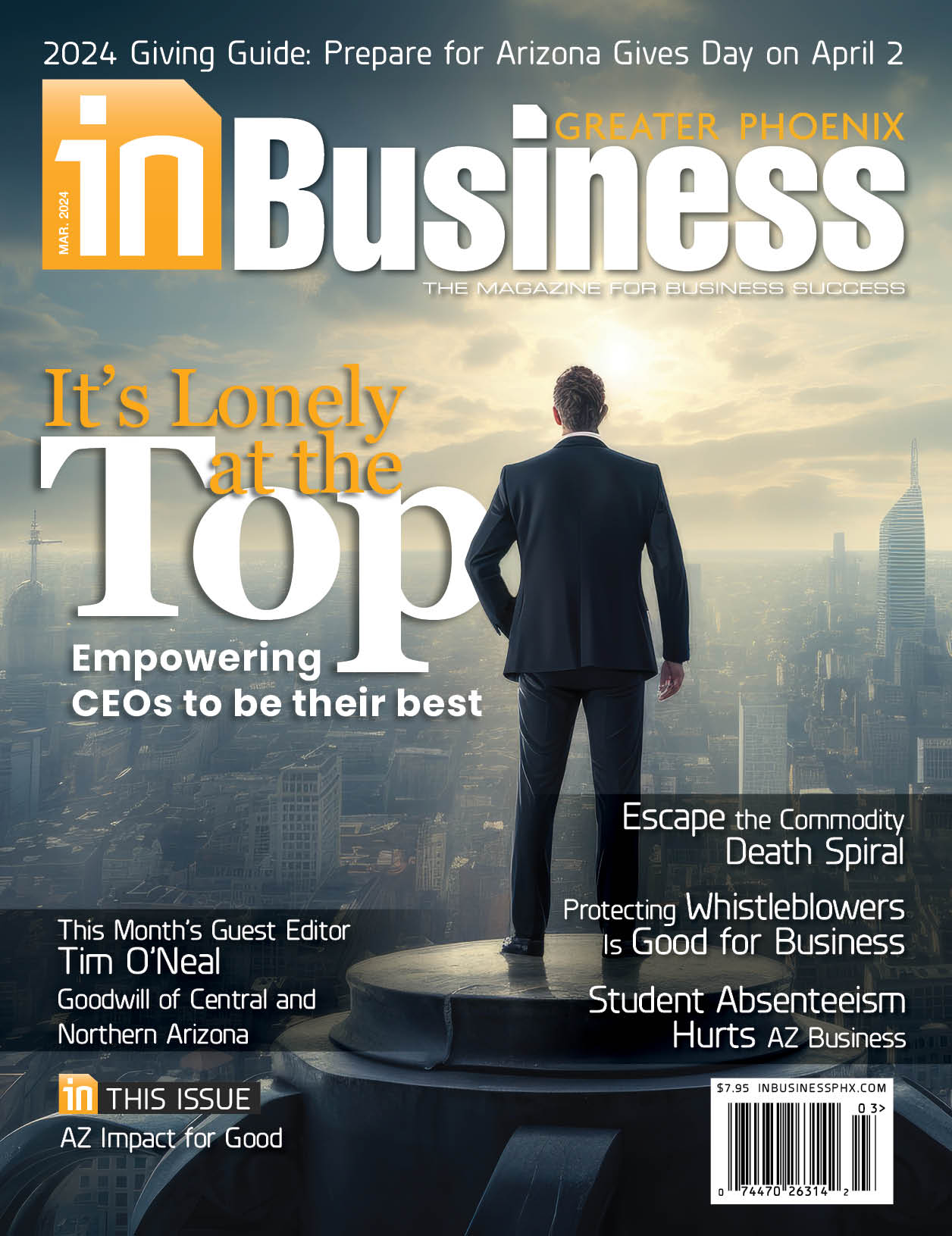 As a former ICU nurse in a Level One Trauma Center, who worked on the front lines during COVID-19, I can speak to many lessons learned that we need to remember — because the pandemic is not going away. The pandemic brought to light that work does not always need to be performed within the confines of an office. Although there will always be a time and a place for in-person meetings and handshakes, executive assistants can draft and edit documents remotely, bankers and lawyers can draft reports and close deals in their workout clothes, and day-to-day networking can be done over video conferencing.
As a former ICU nurse in a Level One Trauma Center, who worked on the front lines during COVID-19, I can speak to many lessons learned that we need to remember — because the pandemic is not going away. The pandemic brought to light that work does not always need to be performed within the confines of an office. Although there will always be a time and a place for in-person meetings and handshakes, executive assistants can draft and edit documents remotely, bankers and lawyers can draft reports and close deals in their workout clothes, and day-to-day networking can be done over video conferencing.
As a result, many people have learned to balance work and home life in the suburbs and employers have been forced to restructure work schedules that afford more autonomy and flexibility. These changes have caused everyone to reimagine the definition of the workplace. I predict that the companies which continue to learn from this experience and which grow to view their employees as multi-faceted and productive individuals — and not fungible commodities — will be the most successful in the years to come.
Let’s face it, workers still want the flexibility of working from home but, as social creatures, they also crave the human connection and the perks of the corporate life. No matter where the work is performed, employees will produce and be fully engaged as long as they believe in their leadership. Businesses that meet the individual needs of their employees and keep them fully engaged in the company’s mission are the ones that are going to prosper. This means businesses need to provide employees with personal autonomy, which includes flexible hours and some remote work, while also finding ways to encourage in-person social interaction at the office along with providing amenities such as workout facilities and comfortable working conditions. Even more importantly, companies need to inspire and motivate employees to remain with the employer by offering career advancement and professional development opportunities.
Another vital way that companies value their employees as individuals is to recognize the impact these last two years have had on everyone’s mental health. You don’t need to have walked in my shoes as an ICU nurse to know how terrible it was for patients to suffer — alone — in the hospitals, sheltered away from family and loved ones during their darkest hours. The experiences of many of our corporate co-workers, physically isolated at home, was not altogether different. Even if a particular employee never fell ill nor had a family member hospitalized does not mean that person was not a victim of the pandemic. Being cut off from co-workers has a price. People need human contact. We need shared experiences. To that end, those companies that figured out how to embrace weekly virtual happy hours, regular Microsoft Teams and Zoom meetings, and virtually recreated the pre-pandemic water-cooler experience, are some of the corporate heroes of the pandemic.
But what does that mean today, as companies begin to rally the troops to return to the office? Returning to life as we knew it pre-March 2020 will not happen like the flip of a switch. For many employees, that life may be a distant memory and irretrievable. During the pandemic, many employees or their loved ones, experienced extreme anxiety and depression from the loss of family members, or due to the isolation or the fear of the unknown, or from the experiences of homeschooling and parenting under extreme circumstances. Merely returning to the office will not resolve these issues.
So, how do we address our employee’s mental health? One particular issue that sticks with me from my time as an ICU nurse is the need to approach people on a human level: We need to not only listen to what people say — really listen — but we also need to react accordingly. Everyone experiences joy, love, uncertainty, anxiousness, stress and pain. The more we share these experiences, collectively, and acknowledge our own struggles and triumphs and encourage others to express their own, the more we can bond together and bring the mental health pandemic out of the darkness. We cannot address our employees or co-workers with one-size-fits-all solutions. We need to remain creative. This may mean providing workshops on dealing with stress, providing better mental health benefit programs for employees and their families, or creating an office environment that allows for more personal connections.
Bottom line, we just need to remember we are all in this together.
Elizabeth Nillen now focuses her practice on healthcare law and has more than 15 years of experience successfully defending clients in employment disputes and general corporate litigation. She is of counsel at Spencer Fane.
















Speak Your Mind
You must be logged in to post a comment.